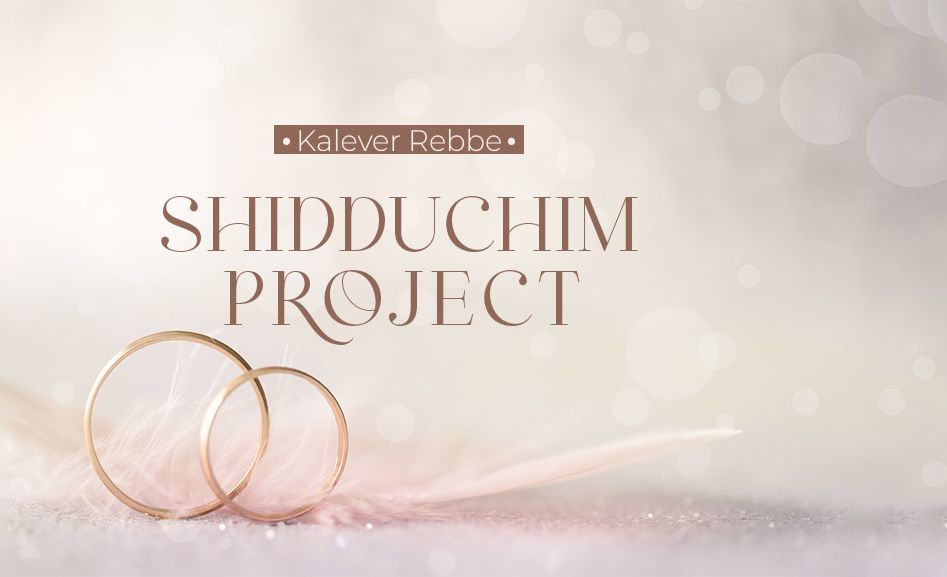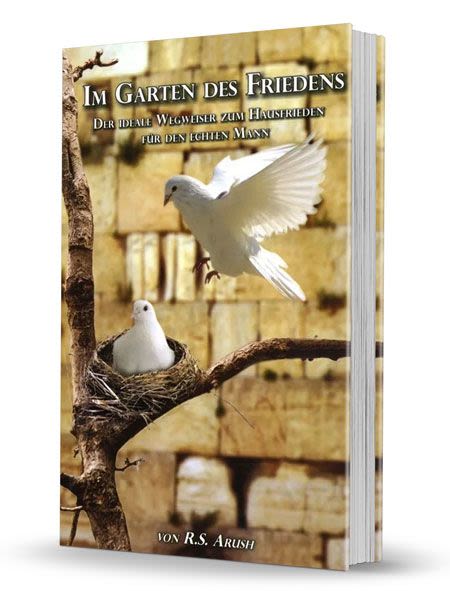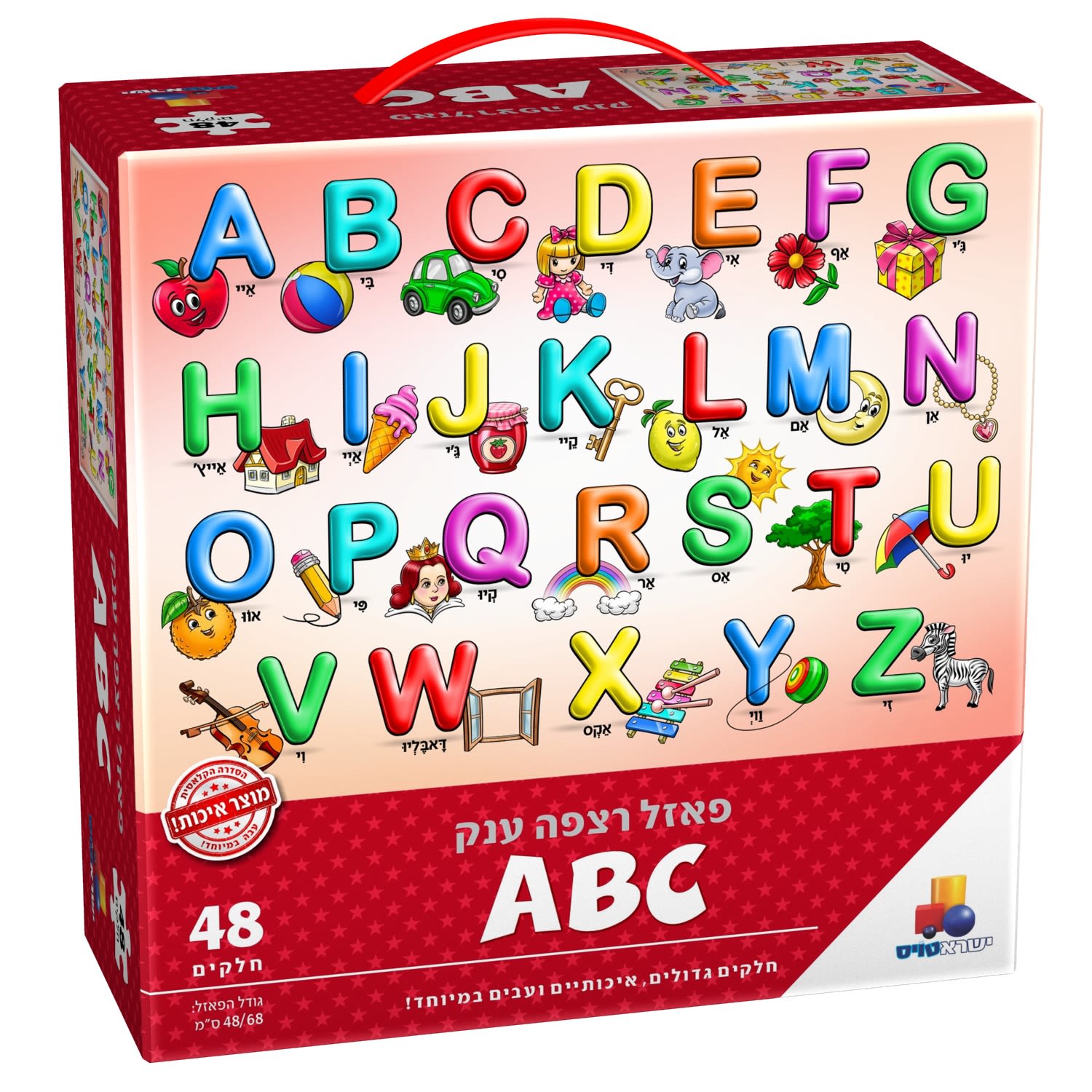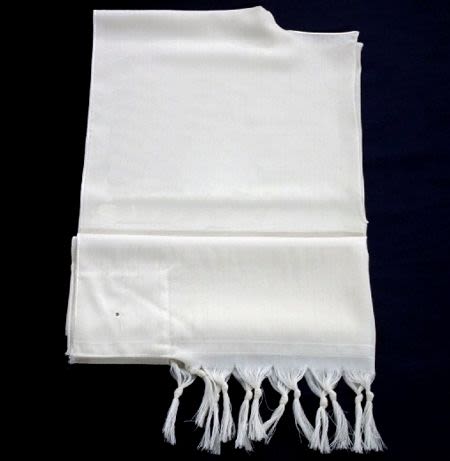
Don’t Delay Marriage Until…
Waiting for the perfect shidduch (match)? The Kalever Rebbe gives wise advice about what is “perfect”.

“Go say to them, return to your tents.” (Deuteronomy/Devarim 5:27)
At the end of his “Sefer Geder Olam”, the Chofetz Chaim zt”l writes, that the increase in immoral and immodest behavior in our time is primarily attributable to people delaying marriage until they are older. Consequently, young men and women in their twenties succumb to outside temptations. The Chofetz Chaim published a special pamphlet called “Davar B’Itto,” urging a return to the traditional Jewish practice of marrying at a young age.
If the Chofetz Chaim wrote this in his time, then “kal v’chomer” in our times, when immoral and immodest practices have proliferated exponentially, we must heed his holy words and make every effort to encourage marriage as soon as practicable to prevent the infiltration of moral contamination into our precious nation.
Historically, in countries where immodesty characterized the popular culture, local pious Jewish communities worked to ensure that their children married at younger ages. Rabbenu Avigdor Tzarfasi, one of the French Baalei Tosafos who lived around 750 years ago, wrote in his commentary to Parshas Chayei Sarah, that in France, Jewish custom was that children marry at a young age, so they remain chaste, modest, and holy.
Often, I am approached by single men and women in their thirties and forties who complain that they are unable to find a suitable shidduch (marriage match). Discussing the matter with them, it becomes clear they have turned down good shidduchim due to frivolous reasons, the stock in trade of the advice of the Yetzer Hara (evil inclination).
At times, shidduchim are rejected due to the most minor physical imperfection which, in all seriousness, would have no adverse effect whatsoever.
Rebbe Moshe Yoel Eichenstein, the Ziditchover Rebbe of London zt”l, once related to me a humorous story from his holy ancestor the Divrei Chaim of Tzanz zt”l. Someone told the Tzanzer Rav that he had turned down a shidduch because the girl was too short. The Rebbe jokingly said: “Many mitzvot in the Torah require a minimum shiur. Some items need to be the size of an olive (a kezayis), others the size of an egg (kebeitzah), and others the size of a dried fig (kegroigros). However, when it comes to the mitzvah of marrying a woman, “iz shteit nisht kein shiur, afilu pochus miKezayis iz kosher” (there is no shiur, even less than the size of an olive is kosher)!
Sometimes people refuse a shidduch because they seek someone with more money. In all seriousness, one’s main concern in marriage should be finding a good person they can live with for life, not finding a windfall!
A distinguished shidduch was once proposed for the daughter of Rebbe Aharon of Chernobyl zt”l. The Rebbe’s wife, remarked: “Our older daughter married a boy from a more distinguished family who arrived in a beautiful carriage drawn by majestic horses. This boy’s family have come in a rickety wagon with sorry–looking horses. I am not convinced this is a good match for us.” The Holy Rebbe sternly replied: “I am making a shidduch with a fine young boy, not his horses!”
Sometimes a good shidduch is rejected for fear of what other people might think. They might not consider it to be a good or honorable shidduch. However, a person must choose what is good for himself, not worry about what others will say.
The Gemara (Pesachim 113a) records that Rebbe Yehoshua ben Levi said in the name of the Sages of Jerusalem: “if your single daughter is getting on in age, free your slave and give him to her.” Simply stated, it is better to marry a freed slave than to grow old single.
A classic deeper Hasidic interpretation of this statement is that one must free himself from the slavery which subjugates to the opinions of other people regarding what constitutes a good shidduch!
Furthermore, our wise Chazal taught (Temurah 15b), “When Yosi ben Yoezer of Tzereidah and Yosi ben Yochanan of Yerushalayim passed away, the eshkolos (literally, bunches of grapes) disappeared from the world. Poetically, eshkolos is a Hebrew contraction for ish shehakol bo, a man who has it all.
These days, say Chazal, it is impossible to find a perfect boy or girl “who has it all,” exhibiting every positive trait and nothing negative. Seek a shidduch with someone who is essentially good and devoted to the ways of Torah and Mitzvot. Hoping for Mr. or Miss Perfect can lead to a long wait and much disappointment.
Many people justify delaying marriage as necessary to focus on their studies. However, even if one is busy studying Torah and growing in avodat Hashem, shidduchim should not be postponed. To the contrary, marriage and building a Jewish home are the vital framework for spiritual growth. Interestingly, the holy Rebbe Reb Elimelech of Lizensk zt”l explained the above mentioned statement of Chazal “if your daughter is older, free your slave,” that you need to free yourself a bit from your devotion to serving Hashem for the sake of marriage, which will lead to greater fulfillment of Torah and mitzvot.
Thus, Torah study after marriage carries greater distinction. As Chazal taught (Yevamos 62b), “anyone who remains without a wife remains without Torah.”
With this we can explain the verse in the Parsha, “Go say to them, return to your tents” (Deuteronomy/Devarim 5:27). After the Torah was given, one might rationalize that Torah study and spiritual growth must take precedence over starting a family. Perhaps it would be better to spend many years involved in one’s own development before contemplating marriage. The Torah therefore admonishes that quite the opposite is true. Go build your Jewish tents with a good Jewish spouse. Only then will you be worthy and properly equipped to build a successful life, both materially and spiritually.
***
The Kalever Rebbe is the seventh Rebbe of the Kaalov Chasidic dynasty, begun by his ancestor who was born to his previously childless parents after receiving a blessing from the Baal Shem Tov zy”a, and later learned under the Maggid of Mezeritch zt”l. The Rebbe has been involved in outreach for more than 30 years, and writes weekly emails on understanding current issues through the Torah. Sign up at www.kaalov.org.












8/01/2023
Looking forward to absorb all the wisdom emparted.